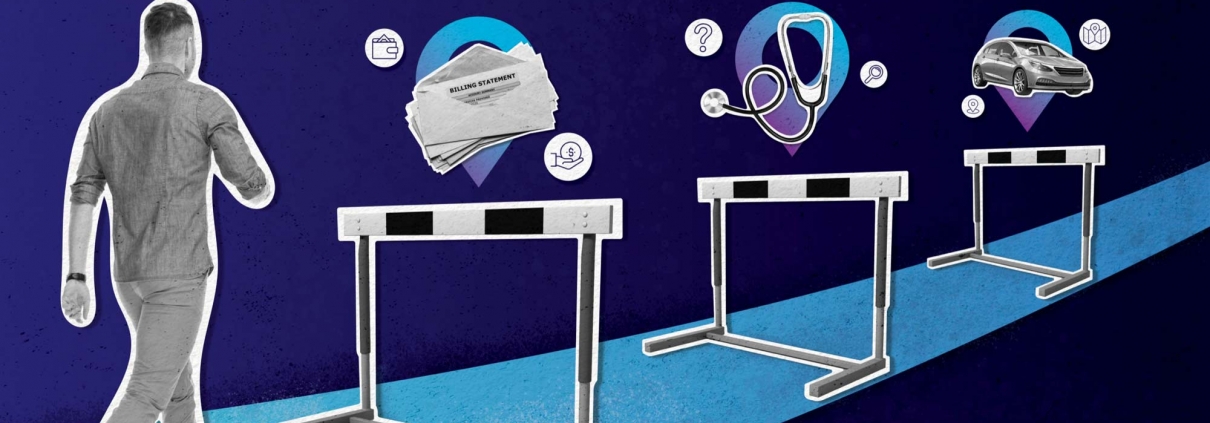Though likely tied to many factors, including longevity with the condition, people with MG who have seen a specialist tend to have an extra level of comfort and support. For example, respondents who have seen an MG specialist were more likely than respondents who hadn’t to say they feel very knowledgeable about their condition. Respondents who currently see an MG specialist were also more likely than other respondents to say they feel supported by others within the MG community.
Myasthenia-Gravis.com patient advocate Meridith O’Connor said that, although the “textbook version” of myasthenia gravis reasonably represents the clinical diagnosis, it does not always depict the comprehensive experience or the lifestyle that people living with the condition must adapt to daily. As a result, she said, an HCP that specializes in neuromuscular disease is often an important member of the care team.
“A neurologist or neuromuscular specialist is more likely to see patients exhibiting similar symptoms, share their expertise pertaining to treatment options and clinical trials, and are privy to the anecdotal accounts of MG,” said Myasthenia-Gravis.com patient advocate Meridith O’Connor. “Such awareness enables patients to feel confident about their care plan and trust their doctor’s perspective, while creating a space for shared decision-making.”
For those who have never seen an MG specialist, one-third said that there aren’t any MG specialists in their area – the most common reason cited. Following that, 27% of respondents who have never seen an MG specialist said they didn’t know how or where to find one, 26% felt their MG is being effectively managed by their current healthcare team and 24% said their doctor hadn’t recommended seeing one.
Other findings provide additional context for why some with MG see a specialist while some don’t. Respondents who have never seen an MG specialist were more likely than those who have seen one to have never experienced a myasthenic crisis, which occurs when respiratory muscles are so weak that a person needs to be hospitalized and monitored.
“As a condition with low awareness that often goes undiagnosed, people with myasthenia gravis occasionally find themselves without the information, support and validation they need,” said Olivier Chateau, Health Union’s co-founder and CEO. “Myasthenia-Gravis.com aims to provide these individuals with a safe, supportive environment as they manage a condition that often includes an array of challenging symptoms and quality of life implications.”
The Myasthenia Gravis In America survey, which fielded from Oct. 14, 2020 to Feb. 11, 2021, included responses from 600 people living with myasthenia gravis. Additional survey results may be available upon request. More information about living with myasthenia gravis can be found on Myasthenia-Gravis.com.
About Health Union
Health Union encourages social interactions that evolve into valuable online health conversations, helping people with chronic conditions find the information, connection, and validation they seek. The company creates condition-specific online communities – publishing original, daily content and continuously cultivating social conversation – to support, educate and connect millions of people with challenging, chronic health concerns. The Health Union family of brands includes 33 online health communities, including LungCancer.net, ParkinsonsDisease.net, MultipleSclerosis.net and Migraine.com.



